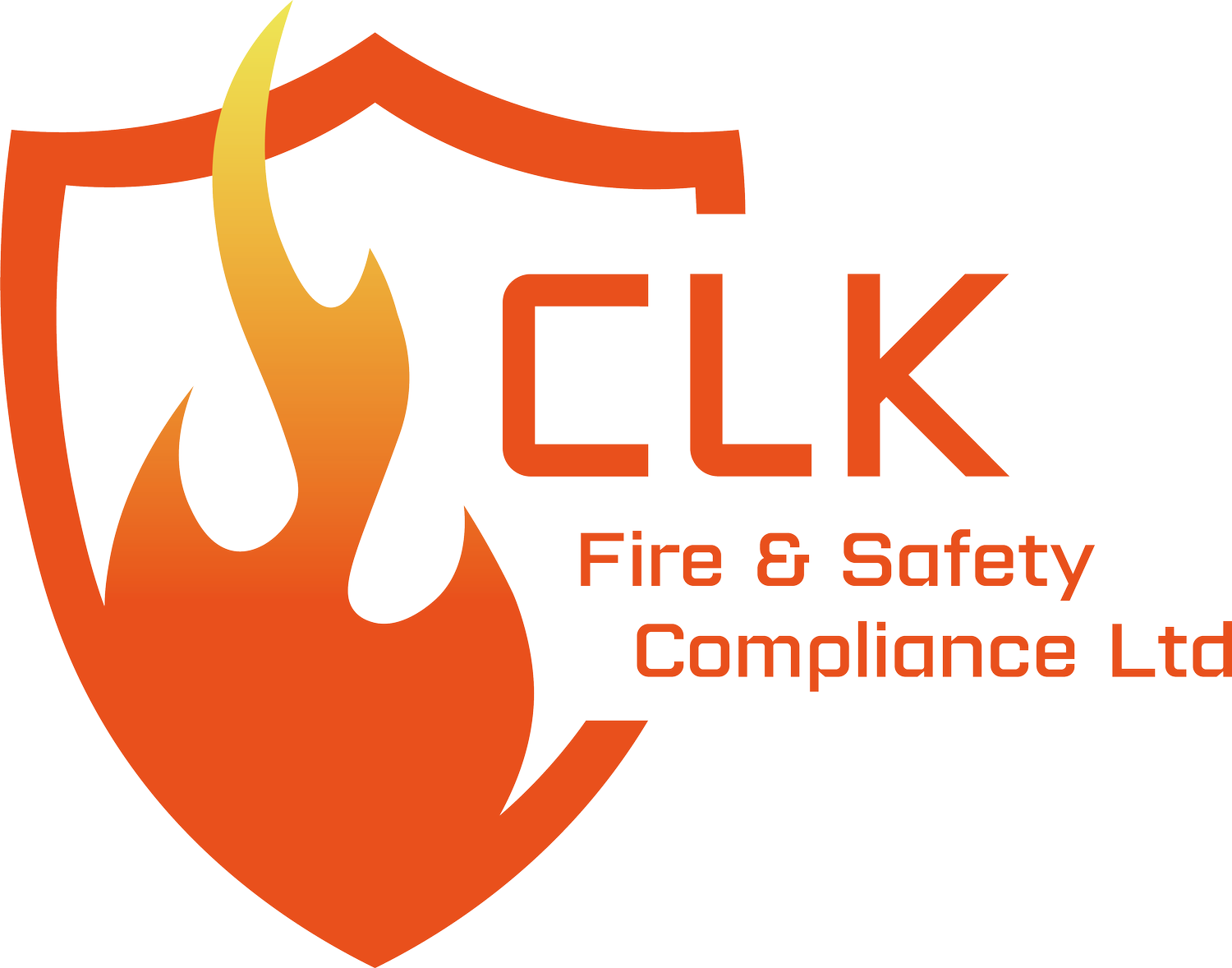The Vital Importance of Fire Risk Assessments for Your Business
When you envision the core responsibilities of managing a business, what comes to mind? Perhaps you consider financial management, recruiting talent, or product development. However, one of the paramount responsibilities often overlooked by many is ensuring the safety and welfare of those working within the premises — and this includes fire safety. In the UK, the significance of fire risk assessments for businesses cannot be understated. In this article, we delve deep into why these assessments are not just legally mandatory but critically important for the long-term success of your enterprise.
1. Legal Obligations
In the UK, the Regulatory Reform (Fire Safety) Order 2005 mandates that every business must carry out a thorough fire risk assessment of their premises. This is not just a tick-box exercise; it's a legal obligation for business owners, landlords, and anyone responsible for commercial or non-domestic premises. Failure to comply can result not only in hefty fines but potential imprisonment.
2. Protecting Lives and Livelihoods
While the legal implications are substantial, the human cost of neglecting fire safety is immeasurable. Every year, fires in the workplace result in loss of life, severe injuries, and trauma. A robust fire risk assessment ensures that potential hazards are identified and rectified, protecting the lives of employees, customers, and any other visitors to your premises. It is our ethical duty as business leaders to ensure that those under our care are safe from such life-threatening risks.
3. Financial and Asset Protection
Fires can cause catastrophic damage to property, inventory, and assets, leading to significant financial losses. This could range from minor damages to a complete halt in business operations. With the right fire risk assessment, potential threats are pinpointed, allowing businesses to put measures in place to protect valuable assets. Furthermore, many insurance companies require evidence of a fire risk assessment to provide coverage, meaning that failure to conduct one could jeopardise your business's insurance policy.
4. Business Continuity
Any interruption to business operations can have long-lasting impacts. Whether it's the loss of critical data, damaged inventory, or the cost of temporary relocation, the repercussions of a fire can extend far beyond the immediate aftermath. By ensuring a thorough fire risk assessment, you not only mitigate the immediate risks but also ensure that your business can continue to operate and thrive even after a potential incident.
5. Reputation Management
The reputation of a business is invaluable. In the age of digital media, news of a fire outbreak and the associated repercussions can spread rapidly, affecting stakeholder trust and customer loyalty. Demonstrating a commitment to safety through regular and comprehensive fire risk assessments showcases responsibility and professionalism, essential traits in building and maintaining a strong business reputation.
6. Creating a Safety-conscious Work Culture
Safety is not just about checks and regulations; it's about creating a culture. When employees see that their well-being is a priority, it fosters loyalty, morale, and a sense of belonging. Regular fire risk assessments and training sessions instil a safety-first mindset among employees, ensuring they know how to act in emergencies and promoting a collective responsibility for maintaining a safe working environment.
The Process and Implementation
Understanding the importance of fire risk assessments is the first step. The next crucial phase is ensuring that these assessments are thorough, up-to-date, and followed by appropriate action.
Identification: Start by identifying potential fire hazards within the premises — this includes sources of ignition, flammable materials, and the people who are at risk.
Evaluation: Once identified, evaluate these risks and decide on the precautions necessary to ensure safety.
Record: Document your findings, particularly if you employ five or more people. This documentation will be a testament to your compliance and can be invaluable during inspections or in the event of an incident.
Review: Risks evolve and change, as do business operations. Regularly review and update your assessment to ensure it remains relevant and comprehensive.
Action: An assessment without action is redundant. Implement the necessary safety measures, train staff, and ensure you have an evacuation plan in place.
In conclusion, the importance of fire risk assessments in the business landscape is undeniable. They stand as a testament to your commitment to safety, legality, and business resilience. As a business leader, prioritising these assessments will safeguard your enterprise's future and the well-being of all who are a part of it. Remember, in the realm of business, prevention is always better than cure — especially when what’s at stake is irreplaceable.
